 Descent Book 1: Descent from Man
Descent Book 1: Descent from Man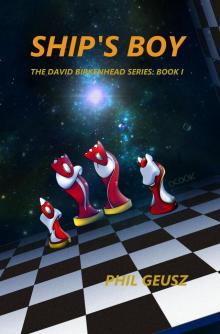 Ship's Boy
Ship's Boy Early Byrd
Early Byrd Admiral (The David Birkenhead Series)
Admiral (The David Birkenhead Series)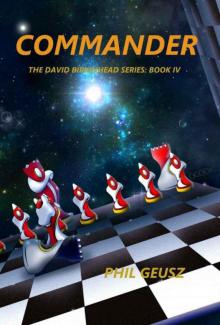 Commander
Commander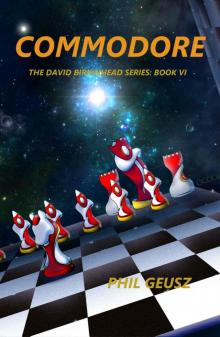 Commodore (The David Birkenhead Series)
Commodore (The David Birkenhead Series)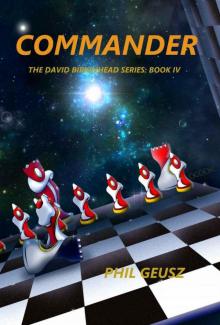 Commander (The David Birkenhead Series)
Commander (The David Birkenhead Series)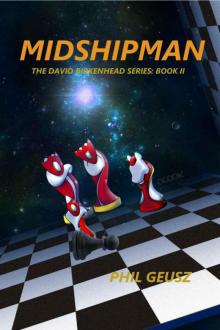 Midshipman
Midshipman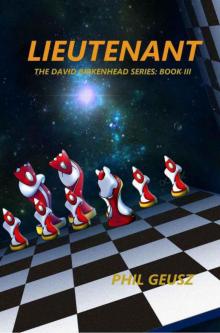 Lieutenant
Lieutenant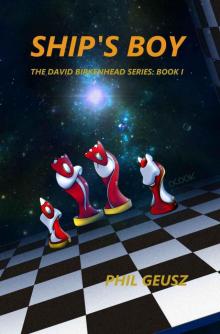 Ship's Boy (The David Birkenhead Series)
Ship's Boy (The David Birkenhead Series)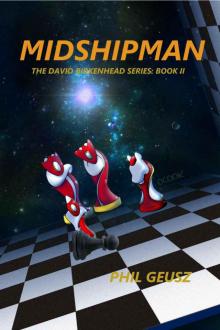 Midshipman (The David Birkenhead Series)
Midshipman (The David Birkenhead Series) Lagrange
Lagrange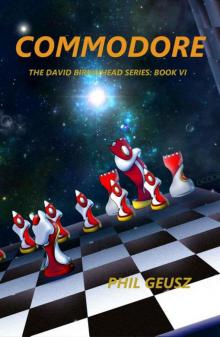 Commodore
Commodore Admiral
Admiral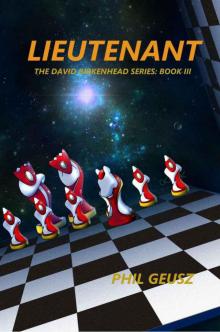 Lieutenant (The David Birkenhead Series)
Lieutenant (The David Birkenhead Series)